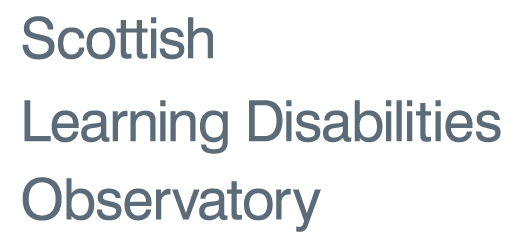Scotland: Employment and Education
Scotland's population size is 5,295,403
-
Choose
- Learning disabilities
- Autism
People with learning disabilities and people with autism want to make a positive contribution to society. Inclusion, equality and the opportunity for people to improve themselves through continuous learning and employment opportunities are just as important and just as relevant to people with learning disabilities and people with autism, as they are to the rest of the population. Involvement in these opportunities can also have a positive impact on health and wellbeing.
The importance of equality of opportunity in both education and employment for all people is underlined in UK and Scottish policy and legislation.
Employment: people aged 16 and over
| All People | People learning disabilities | |||
|---|---|---|---|---|
| Total | % | Total | % | |
| Full time paid work | 1,818,088 | 41.5% | 1,153 | 5.5% |
| Part time paid work | 709,732 | 16.2% | 1,307 | 6.2% |
| Unemployed | 222,316 | 5.1% | 657 | 3.1% |
| Retired | 975,121 | 22.3% | 1,934 | 9.2% |
| Student | 219,215 | 5.0% | 1,975 | 9.4% |
| Looking after home/family | 142,682 | 3.3% | 207 | 1.0% |
| Long-term sick or disabled | 209,935 | 4.8% | 12,098 | 57.3% |
| Other | 81,983 | 1.9% | 1,784 | 8.5% |
| Total | 4,379,072 | 100.0% | 21,115 | 100.0% |
Employment
Employment status in young people
Hours worked per week
Occupation type
Industry type
Employment history
Employment history
Education: people aged 4 and over
Student accommodation
Summary information
11.7% of adults with learning disabilities have paid employment, compared with 57.7% of all adults
-
5.5% of adults with learning disabilities work full time, compared with 41.5% of all adults
-
6.2% of adults with learning disabilities work part-time, compared with 16.2% of all adults
-
3.1% of adults with learning disabilities are unemployed, compared with 5.2% of all adults
-
57.3% of adults with learning disabilities are long-term sick or disabled, compared with 4.8% of all adults
View other information
Explore
Choose People with learning disabilities data or People with Autism data
You may also choose topic or area
